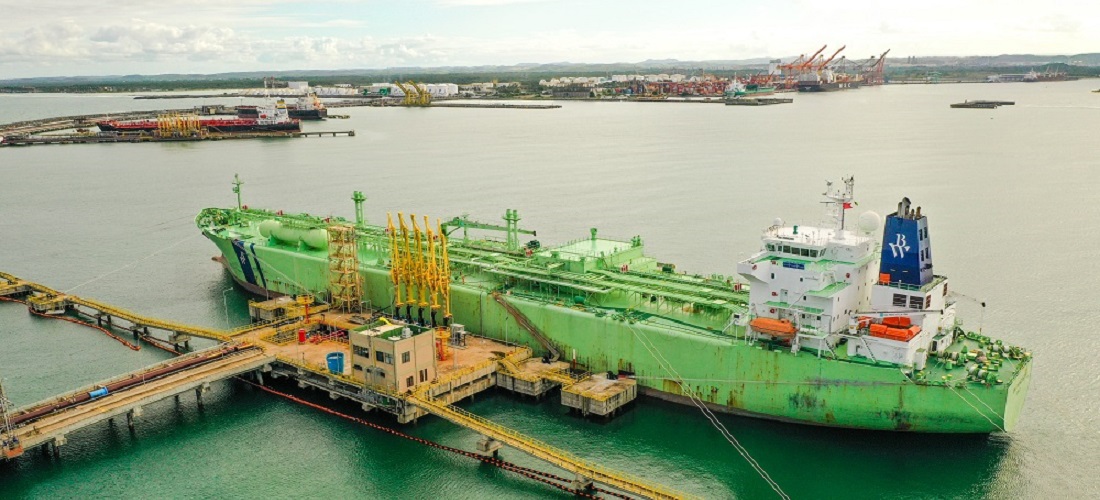
New digital system provides Port of Suape more security and swiftness
Jan, 24, 2023 Posted by Gabriel MalheirosWeek 202304
The Suape Industrial Port Complex and the Recife Center for Advanced Studies and Systems (CESAR) launched a minimum viable product (MVP) solution developed by the private institution to integrate cargo operations in the Pernambuco-based port, granting them more swiftness. The TOS (Terminal Operating System) establishes the port as a pioneer in the sector’s digital scenario and strengthens ties with the port community. CESAR is a training and development institution that helps organizations implement digital strategies.
The partnership’s goal is to promote the digitization of port processes, which is critical for them to become more agile and efficient, providing real-time connections with port agents involved in Suape’s operations. CESAR sought to create a system that would unify all communication methods in a system similar to the one used by ports in Europe so that the transmission of information would no longer be analogical and pulverized, thus streamlining the activities of vessels, operators, and other agents, as well as decision-making processes at the container terminal and regulatory bodies such as the Federal Revenue Service.
Information previously found in e-mails, WhatsApp messages, or spreadsheets, for example, will all be unified under the system, which will feature five operational modules that encompass the entire port framework and the berthing and unberthing schedule of ships, helping in decisions of everyone involved in the operations.
MODULES
The TOS is divided into five operational modules. The first module, Maritime and Operations, provides real-time updates on how many ships are arriving and when they will arrive. This impacts the operation, which will be prepared to manage cargo loading and unloading and provide a comprehensive overview of the types of goods Suape handles and which responsible bodies need to notify.
The Billing module reflects the transactions, focusing on the services that need to be billed. The Statistics module deals with data analysis, allowing the consolidation of the operation, from the maritime end (arrival and departure of ships) to the reporting to responsible bodies end of the process. Finally, the Storage module supports the capacity to receive specific cargo and helps understand if the shipment is to be stored immediately or if it will need to wait to release space to the dock.
-
Trade Regulations
Jul, 05, 2021
0
FAO and OECD project that Brazil will increase its weight as a food producer
-
Ports and Terminals
Sep, 18, 2019
0
LNG plant at the Port of Bahía Blanca may be operating by 2022
-
Ports and Terminals
Sep, 25, 2024
0
Port of Santos Hits Record Cargo Throughput in August Despite Bad Weather Interference
-
Ports and Terminals
Oct, 17, 2023
0
Maranhão-based Itaqui Port sees 6% surge in Jan-Sep cargo throughput

